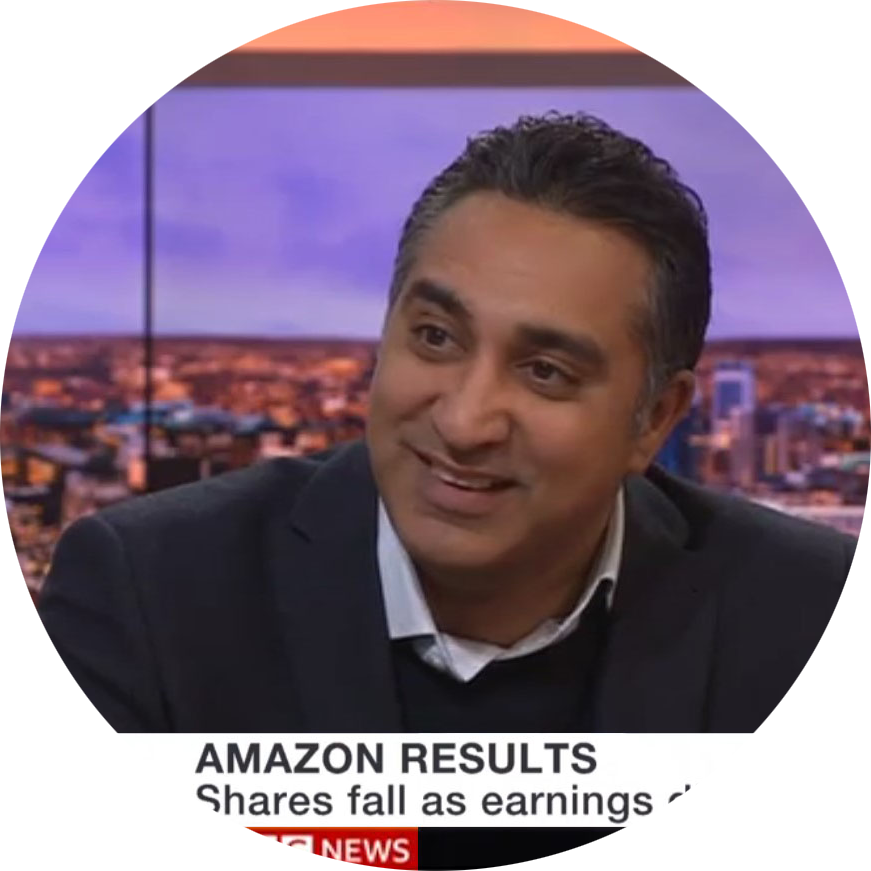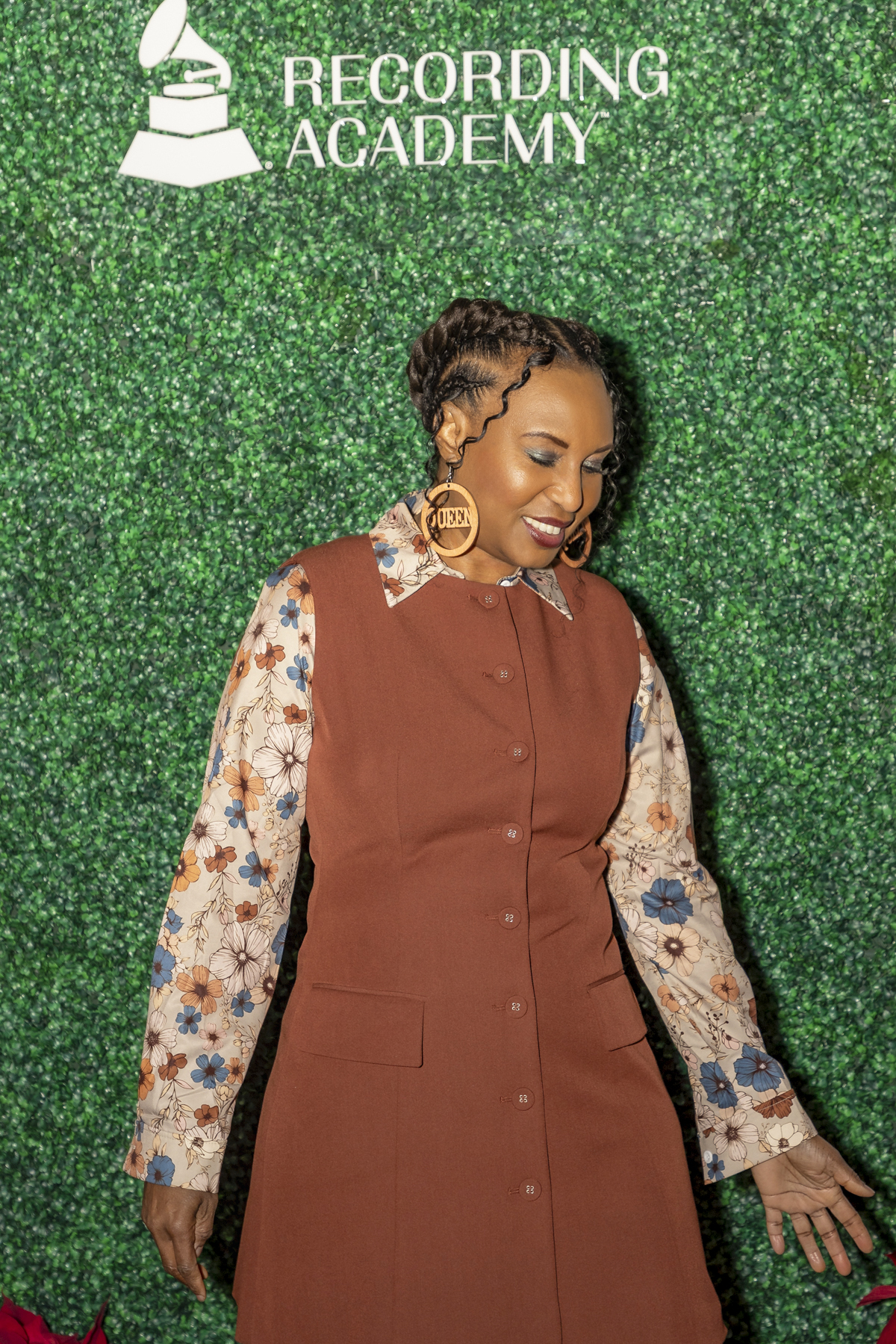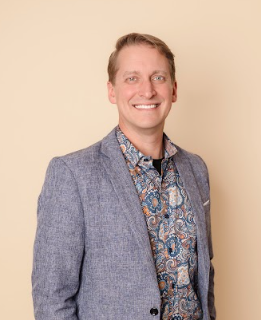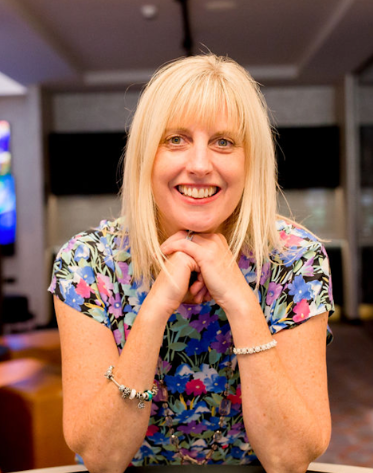Casey Renee Rogers is an Accountability Coach who helps creatives, entrepreneurs, and small business owners master their time and build sustainable routines that align with their goals. With a background in professional musical theater, she brings a unique blend of resilience, adaptability, and emotional intelligence to her coaching practice. Casey specializes in helping clients create structure without feeling trapped by it, empowering them to move through resistance and take intentional action. She is the founder of Health on the Rocks, where she works with individuals looking to gain clarity, confidence, and the freedom to design lives that truly fit them.
What sparked your journey as a coach/entrepreneur? Was there a moment, challenge, or person that pushed you to take this path?
My journey to coaching was not a straight line. I spent years in professional musical theater, grinding away in auditions, living out of a suitcase, and doing the whole “hustle til you make it” thing. And for a while, it was the dream—performing, traveling, working with incredible people. But after three consecutive years of touring, I hit a wall. Hard. The constant competition, the instability, the feeling that I was always one “no” away from questioning everything—it wore me down.
At the same time, I had this side gig as an assistant for a well-known men’s coach in NYC. I was running exercises, absorbing his frameworks, watching lives change in real-time. And one day, I had this lightning-bolt moment: Wait… this is a career? Helping people get unstuck and build lives that actually work for them? Now THIS I could get behind.
Coaching combined everything I loved—deep listening, emotional intelligence, and helping people move through resistance to actually create something. So I went all in. And here I am. Still using all the skills I honed in theater—resilience, adaptability, knowing how to read a room—but now, instead of chasing the next role, I get to help other people take center stage in THEIR lives.
Tell us a bit about what you do! What’s the purpose behind your business, and how does it make a difference in people’s lives?
I help creatives, entrepreneurs, and small business owners stop spinning their wheels and actually get where they want to go. My coaching is all about time mastery—helping people balance their responsibilities, build sustainable routines, and create structure without feeling like they’re suffocating under a pile of to-do lists.
The key purpose behind my work? Freedom. Not the “sit on a beach and do nothing” kind (though, hey, live your life), but the kind that comes from being intentional with your life and knowing exactly where your time and energy are going. My clients walk away with clarity, confidence, and a plan that actually works—one that fits who they are instead of forcing them into someone else’s blueprint for success. And that’s the magic. When you’re clear, aligned, and operating from a place of intention instead of overwhelm, you stop reacting to life and start creating it.
Thinking back to the start of your career, what were some of the biggest challenges you faced in establishing yourself as a coach/entrepreneur? How did you work through them?
When I first started out, I tried all the usual marketing strategies—SEO, blog posts, ads—but none of them made a difference. The only thing that truly worked was showing up and doing as many coaching sessions as possible. Over time, word started to spread. Referrals and word of mouth became the foundation of my business, and that’s still how it works today. I also started speaking and leading workshops, which helped get my name out there. But ultimately, the only reliable strategy for growth has been focusing on the work itself—providing enough value that people want to recommend me to their friends and colleagues.
Is there a milestone or achievement you’re really proud of that you’d like to share?
One of the milestones I’m weirdly proud of is the fact that, as a solopreneur with no built-in maternity leave, I worked right up until 12 hours before giving birth to my second kid. Some women would absolutely gawk at this, but to me, it was proof that I’ve built a career that gives me energy rather than drains it. Even in the most advanced stages of pregnancy—when my back hurt, my head was pounding, and I was generally resembling a beefsteak tomato—coaching felt like an oasis. It wasn’t something I had to push through; it was something that carried me.
That’s exactly what I help my clients find—work that aligns so deeply with who they are that it fuels them, even in life’s most exhausting seasons.
Women are making big moves in workplaces around the world, leading alongside their male counterparts. What are your thoughts on women in leadership today?
I think female leadership is a beautiful thing. While I know this is a broad generalization, in my lived experience, I’ve found that women in leadership roles often lead with emotional intelligence at the forefront of their interactions. And that matters. When leaders prioritize empathy, active listening, and emotional awareness, it doesn’t just create a better work environment—it leads to greater team satisfaction, stronger collaboration, and ultimately, better outcomes.
What excites me most is seeing more women step into leadership without feeling like they have to suppress these strengths to be taken seriously. The old-school, top-down model of leadership is fading, and in its place, we’re seeing workplaces where emotional intelligence isn’t just respected—it’s essential to success.
What advice would you give to future women leaders and aspiring entrepreneurs?
My biggest advice for future women leaders and aspiring entrepreneurs? Double down on the skills AI can’t replace. As more and more of our work gets outsourced to automation, the real competitive edge isn’t going to be technical expertise alone—it’s going to be intrapersonal skills, emotional intelligence, and the ability to build genuine human connections.
AI can analyze data and generate ideas, but it can’t truly listen, inspire, or navigate the complexities of human emotions. The leaders and entrepreneurs who will thrive in this new landscape are the ones who invest in emotional intelligence—mastering communication, empathy, and the ability to foster trust and collaboration.
So if you’re looking to future-proof your leadership? Focus on being more human. Prioritize deep listening. Strengthen your ability to read the room. Build relationships that aren’t just transactional but transformational. In a world that’s becoming more automated, these are the skills that will set you apart.









